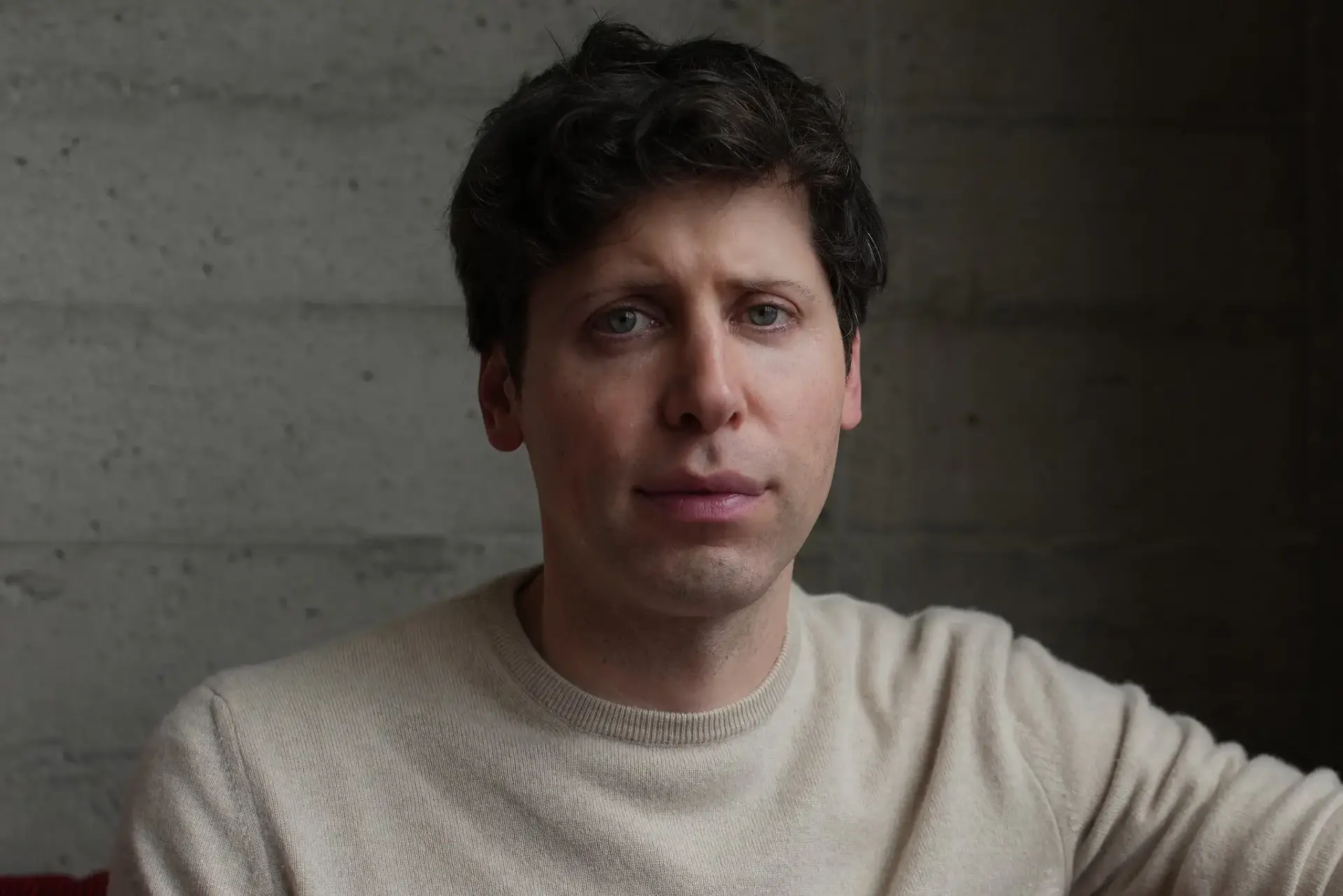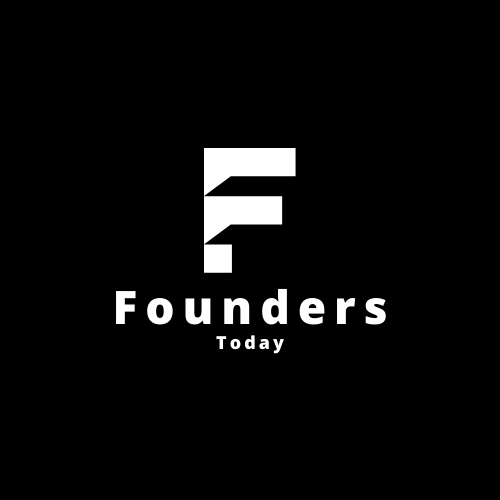
OpenAI announced on their blog post on Friday afternoon that their Board of Directors has decided to remove Sam Altman from his role as the company’s chief executive.
This decision triggered significant changes within OpenAI, a leading A.I. company known for developing the widely-used chatbot, ChatGPT. Mira Murati, who served as the chief technology officer, has been appointed as the interim CEO. Following this, Greg Brockman, the president of OpenAI, also announced his resignation.
The board’s decision to ask Mr. Altman to step down came after a careful review process, during which they found his communication with the board lacked consistent candor. This was seen as a hindrance to the board’s ability to fulfill its duties, leading to a loss of confidence in his leadership at OpenAI.
Sam Altman’s exit marks a significant downturn in his career. At 38, he had risen to become a highly visible figure in the tech industry and a central figure in the A.I. space. His role was particularly highlighted last year with OpenAI’s release of ChatGPT, which sparked a major shift and excitement in the A.I. industry.
The specific reasons behind the board’s decision to remove Mr. Altman from his position at OpenAI were not immediately apparent, beyond the details provided in their statement. Attempts to contact Mr. Altman for a comment were unsuccessful. However, he expressed his thoughts on X (previously known as Twitter), stating: “I loved my time at OpenAI. It was transformative for me personally, and hopefully the world a little bit. Most of all, I loved working with such talented people. Will have more to say about what’s next later.”
In another post on X on Friday evening, Mr. Brockman revealed that neither he nor Mr. Altman had anticipated the board’s decision. He wrote: “Sam and I are shocked and saddened by what the board did today. We too are still trying to figure out exactly what happened.”
According to Mr. Brockman, Mr. Altman was unexpectedly dismissed during a video meeting with the board at noon on Friday. Mr. Brockman, despite being the chairman of the board, was not involved in this meeting. He was informed about Mr. Altman’s dismissal just minutes after it occurred, around the same time the board released a blog post about the decision.
Mr. Altman, a seasoned entrepreneur in the tech industry, co-founded OpenAI in 2015 with financial support from Elon Musk. Under his leadership, OpenAI, a small company based in San Francisco, emerged as a technological frontrunner, receiving billions in funding from Microsoft and gaining the admiration of major Silicon Valley firms like Google and Meta, the parent company of Facebook.
Mr. Altman emerged as a prominent voice in the tech industry’s pivot towards artificial intelligence. He actively engaged in dialogue with lawmakers and regulators globally, testifying before Congress and promoting the significance of A.I. Many industry experts regard A.I. as the most substantial technological shift in recent times, and Mr. Altman played a key role in driving widespread excitement for it.
At an event in Oakland, California, on Thursday evening, Mr. Altman spoke about the impact of A.I. on art and artists, especially in light of A.I.’s ability to autonomously create images, videos, sounds, and other art forms. He gave no hint of his impending departure from OpenAI, emphasizing his and the company’s commitment to collaborating with artists and ensuring a prosperous future for them.
Earlier the same day, he participated in the Asia-Pacific Economic Cooperation CEO Summit in San Francisco. There, he shared the stage with Laurene Powell Jobs, the founder and president of the Emerson Collective, as well as executives from Meta and Google.
Mr. Brockman, a co-founder of OpenAI along with Mr. Altman, announced his resignation on X. Earlier in the day, the company had stated that he would step down from his role as chairman of the board but would continue as president, under the direction of the chief executive.
Since the inception of OpenAI, Mr. Altman played a crucial role in defining the organization’s mission and overseeing its daily operations. The release of ChatGPT last November marked a significant milestone, as the chatbot quickly amassed hundreds of millions of users. Its ability to answer questions, write poetry, and engage in various topics impressed many.
Following ChatGPT’s success, the broader tech industry began to adopt what is known as generative artificial intelligence. This type of technology, which has been in development for over a decade at companies like OpenAI and Google, is capable of autonomously generating text, images, and other media. It is expected to transform various digital applications, from email programs to search engines to educational tools.
Currently, OpenAI is negotiating a new funding round that could value the company at over $80 billion, a significant increase from its valuation less than a year ago. The impact of Mr. Altman’s departure on these negotiations is yet to be determined.
This change is also significant for Microsoft, which has invested $13 billion in OpenAI and effectively holds a 49 percent stake in the company. Microsoft CEO Satya Nadella had earlier outlined an extensive plan to integrate OpenAI’s technology into Microsoft’s products. Despite Mr. Altman’s departure, Microsoft reaffirmed its commitment to working closely with OpenAI. Nadella expressed confidence in the ongoing partnership and the company’s ability to continue its innovative product development.
Microsoft’s stock experienced a slight decline following the announcement of Mr. Altman’s departure.
In a communication with OpenAI staff, as reported by The New York Times, Ms. Murati mentioned her discussions with Nadella and Microsoft CTO Kevin Scott, assuring their continued support for OpenAI. She emphasized the critical phase the company is entering, with widespread adoption of its tools and active development by third parties.
OpenAI’s board consists of renowned A.I. researchers, tech executives, and policy experts, including Ilya Sutskever, OpenAI’s chief scientist and co-founder, and Adam D’Angelo, CEO of Quora.
The news of Sam Altman’s departure came as a surprise to both current and former OpenAI employees, who, until recently, discussed his long-term role in the company. External researchers, entrepreneurs, and investors were equally taken aback, seeking clarity on the board’s decision.
Jack Altman, Mr. Altman’s younger brother and CEO of Lattice, a business software startup, voiced his support on X. He praised Sam Altman’s brilliance, impact in the industry, and his generous and caring nature, expressing pride in his brother’s accomplishments.



